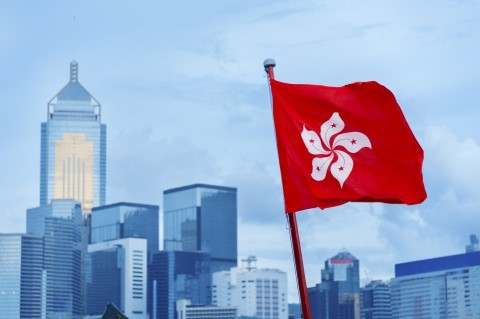
Greater hand-outs for households announced in 2015 budget major surprise
However, it's called an old government trick.
In line with the developments stated during the 2015 budget announcement, the bigger hand-outs for the households, which marked a reversal from last year's reduction, are the major surprise.
According to a research note from UBS, the one-off measures amount to HK$34bn, up from HK$20bn last year; half of which is attributable to salaries tax rebates (HK$20k per tax payer versus HK$10k last year).
These measures were, however, not totally unexpected. The report said that given the huge fiscal surplus (HK$64bn versus the original forecast of 9bn), the government is propelled to distribute some of them.
But given the lack of a creative way in spending the surplus, it is not a surprise that the government is sticking to its old tricks.
Here's more from UBS:
The hand out of one-off fiscal stimulus to the households is an old trick that dated back to 2009.
They were initially designed as temporary measures to offset the economic downturn post the global financial crisis; but have nevertheless been given out every year the past six years.
2011 marked the peak, when the government paid out over HKD30bn cash directly to the residents in addition to other benefits such as salary tax rebates.
These turned out to be very potent boosts for consumption. Last year's budget marked a temporary detour, as the government attempted to phase out the one-off items by significantly reducing them.
The households will have an additional of HKD14bn to spend this year (34bn minus 20bn). How will that impact consumption? HKD14bn is about 0.8% of private consumption.
Unlike direct cash withdrawals or injections, the sensitivity of household spending to these indirect reductions could be lower. If we assume a 50% pass through, the increase in fiscal benefits could potentially boost private consumption growth by 40bps this year, which is admittedly not negligible.






















 Advertise
Advertise







